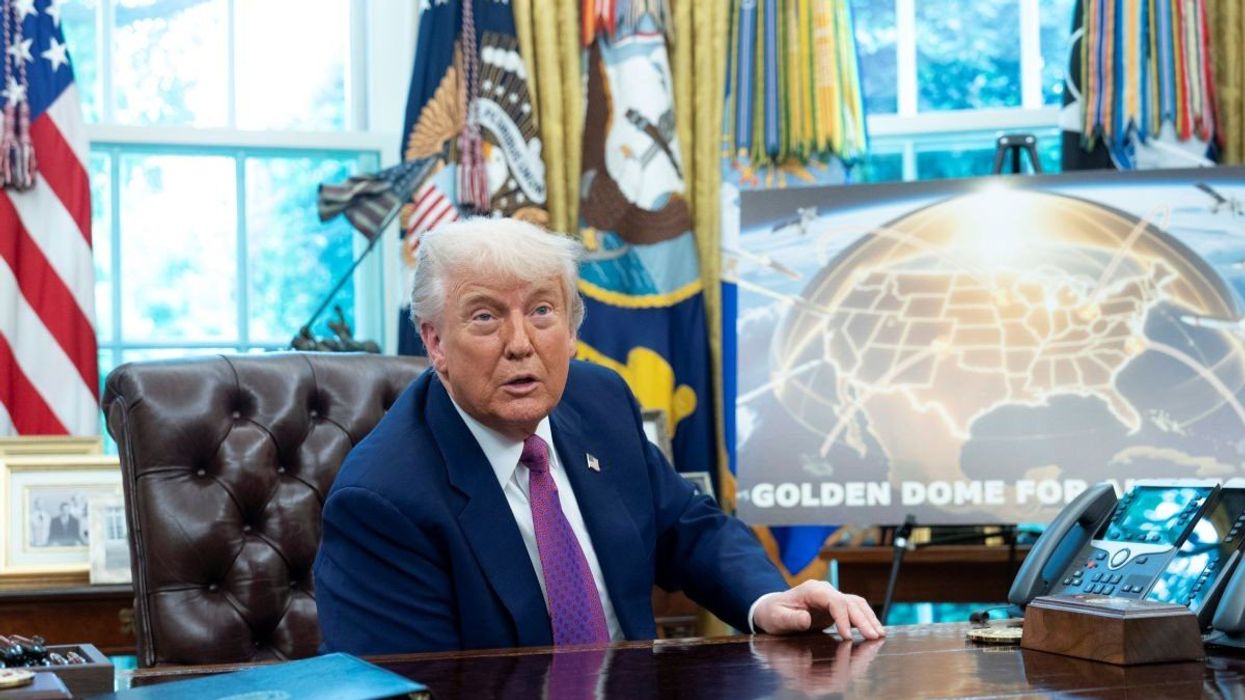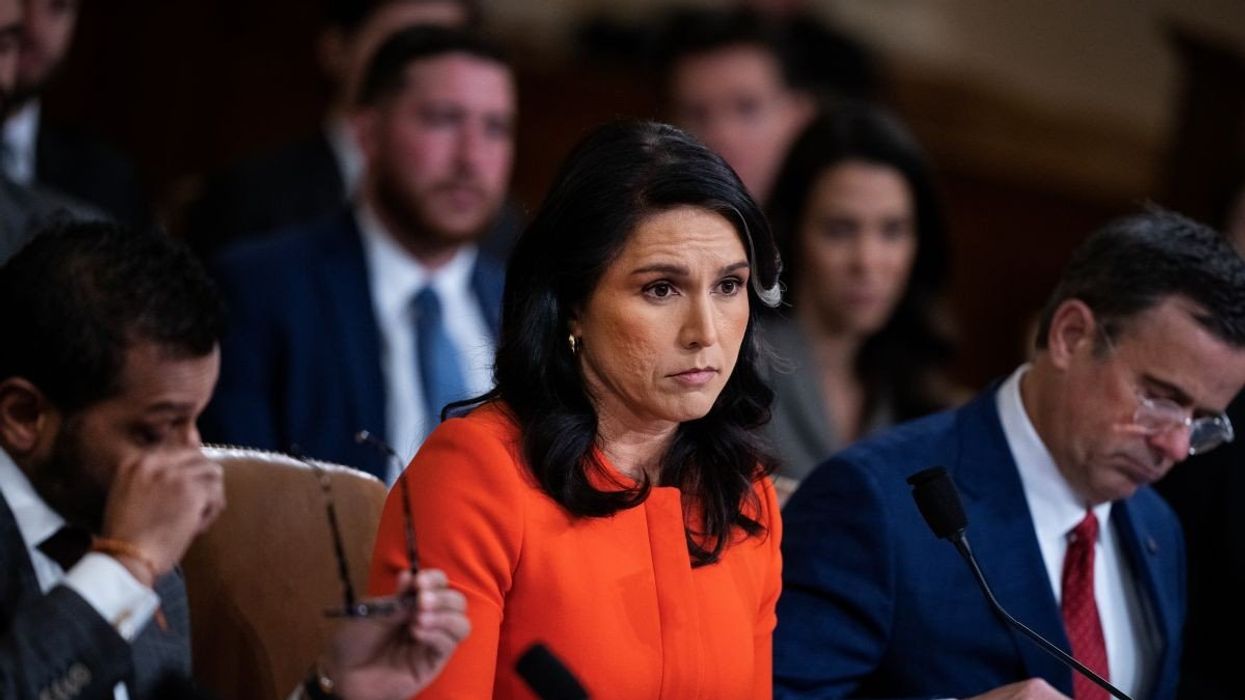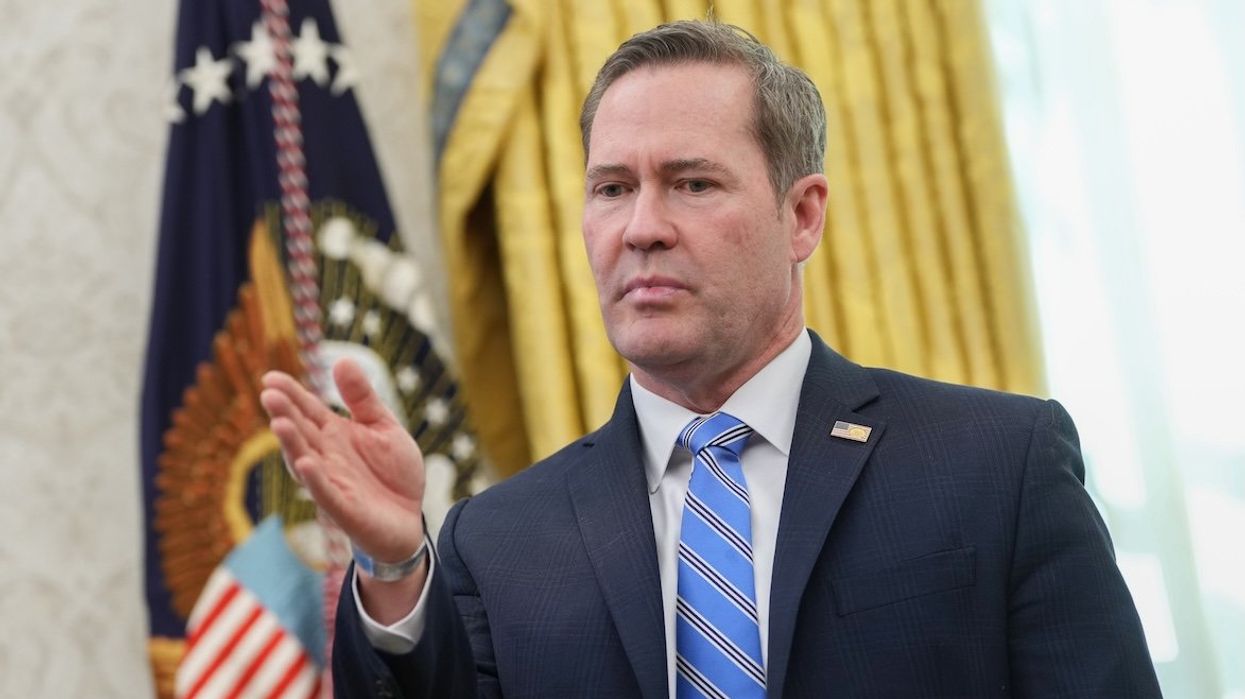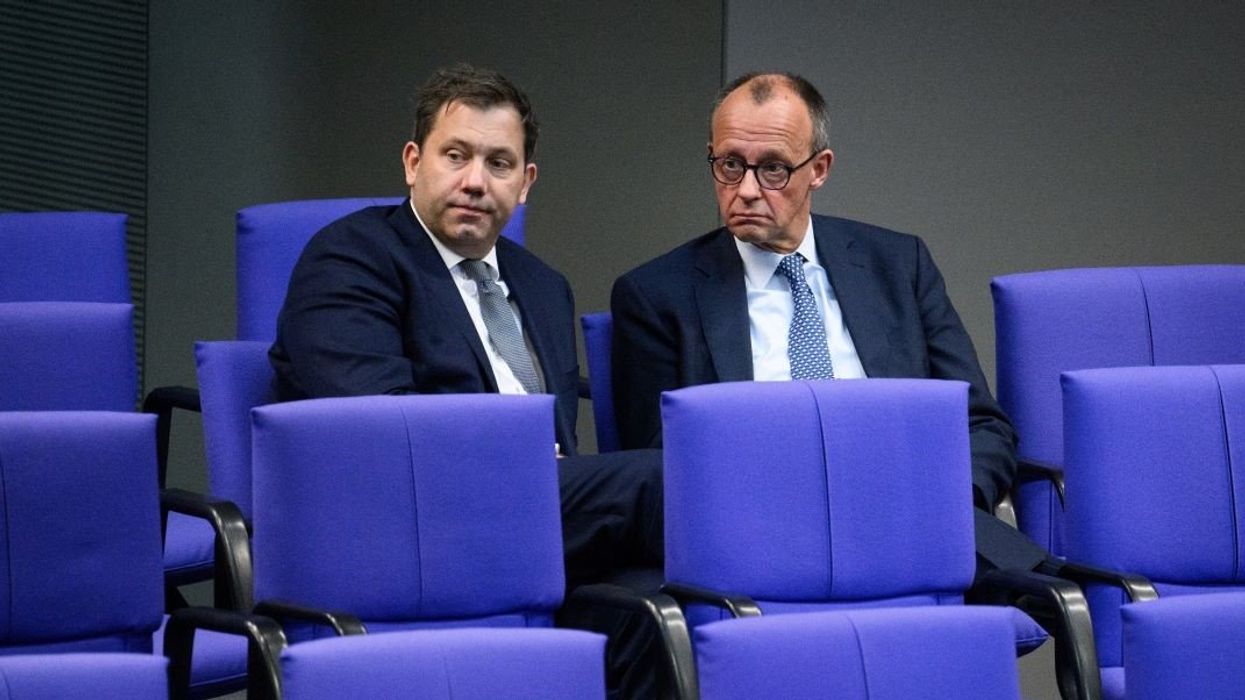Analysis
The Saudi crown prince returns to Washington
For the first time in seven years, Saudi Crown Prince Mohammad bin Salman is returning to Washington, DC, this week. It is now the great power-chess game between the US and China, rather than oil, that is making the Washington and Riyadh join forces.
Nov 17, 2025










